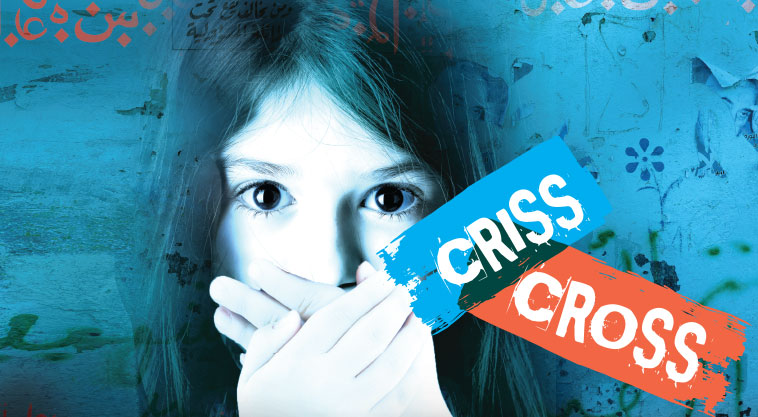Crisscross: Chapter 37


"How did it happen that you were unaware that your son was given up for adoption?” the judge queries.
Elkaradi breaks off eye contact with her, moving his gaze past the judge to the wall behind. “I was detained by the Israeli army before my son was born.” He speaks very softly, but his body stiffens with fury. “My wife betrayed me!” He raises his voice, his face twisted in anger. “Everything was arranged behind my back. The Israelis were ready and waiting. On visiting day she came to the prison and told me that the baby did not survive. I never suspected that she was lying.”
The judge shakes her head in sympathy. “But how did you find out the truth?” she asks.
“When Yasmin was born, I took a second wife. Nur did not get along with Leila. After Leila was injured and left in a coma, my second wife refused to raise Leila’s girl with her own children. How could I bring Yasmin home from the hospital? Who would take care of her? The social worker suggested that Yasmin be put into foster care like her older brother. That was when I realized that my son Amir is alive. Then I understood my wife’s treachery. I will never forgive her.”
The judge nods. “I understand,” she says. She turns to me. “You’ve grown up as an adopted son in the Weiss family. Discovering that you have a biological father who desires to be reunited with you must be very exciting.”
Exciting? I could think of more appropriate adjectives, but I don’t want to antagonize either of them so I nod half-heartedly.
“I understand that you will soon be celebrating your 13th birthday.” She speaks kindly. My lower lip quivers despite my effort to control it. “You must be looking forward to your bar mitzvah.”
Tears spring to my eyes. What kind of bar mitzvah will I have? I turn away, trying to hide my reaction to the judge’s words.
She sits back and crosses her arms. “This is an unusual case.” The judge frowns thoughtfully and adds, “It is obvious to the court that every child belongs with its biological parent.” Musa Elkaradi sits straighter. He glances in my direction with an expression of triumph. “The complication here,” continues the judge, “is that no crime was committed. The department of social services acted in good faith to find the boy a warm and loving home. He has been raised in a completely foreign culture from the natural parent. He is innocent, on the cusp of young adulthood, which is a difficult stage for every child. It is undeniable that uprooting the boy abruptly from all that is familiar is likely to cause extreme trauma.”
Elkaradi frowns at these words. I sit down and listen intently, my eyes on the judge’s face, almost daring to hope.
(Excerpted from Mishpacha Jr., Issue 726)
Oops! We could not locate your form.


